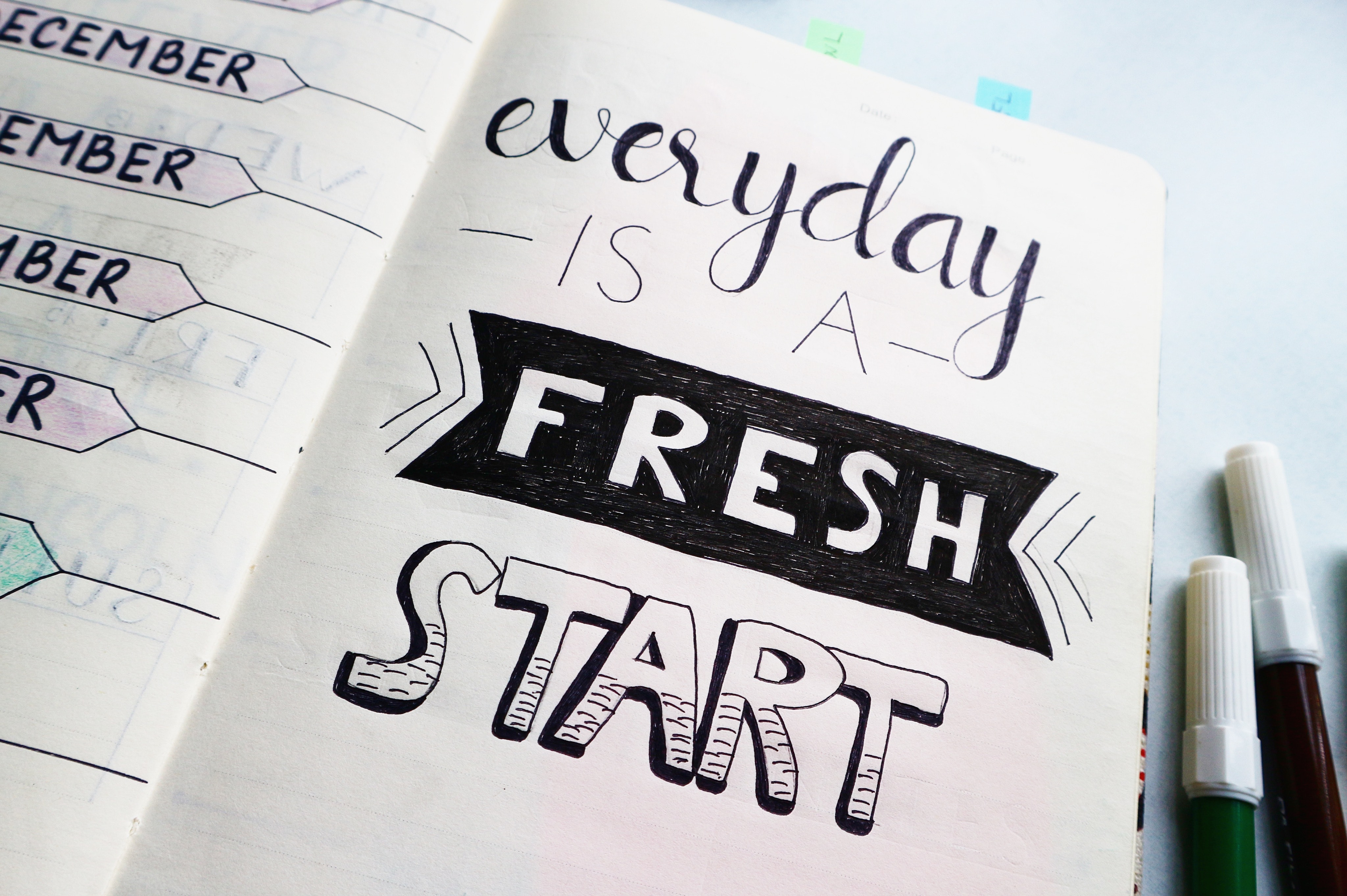
- You’re doing things for them or with them.
For example, are you looking at what they have coming up and making or suggesting to-do lists for them? Are you sitting and doing it with them, driving the proverbial bus?
This goes for schoolwork, college research, anything that’s their responsibility. – doing it with them or for them will keep you in the pattern of YOU doing things for them and YOU needing to do it with them.
Instead:
Make sure they’re clear on how to do the thing themselves (do they know what a to-do list is and how to make one? Great.)
Then make sure they understand the options available to them and the outcomes of each option (if you make your to-do list and follow through, [outcome] will happen; if you don’t, [outcome] will happen).
Remember: your job isn’t to force them to do things, it’s to make sure they understand the options available to them and the likely outcome of each. Then let them choose. This is how they learn and grow.
(no, it’s not always pretty and yes, it’s much better than enabling them to rely on you and get to college or ‘the real world’ and not know how to do anything on their own)

- You expect them to do things they don’t know how to do.
I’ve never met a teen who doesn’t know what a to-do list is or how to make one.
That said, almost every teen I’ve met does NOT know how to create or manage their own calendar, how to get or stay organized, how to study, take notes etc.
If you’re telling them to just study harder or get more organized, for example, you’re asking them to do things they don’t know how to do.
This connects directly with #1 – if you’re not 100% certain they know how to do what you’re asking, ask them (and honestly, even if you assume they know, ask anyway – they might surprise you).
If they can’t tell you the exact steps to take from start to finish, they do not have the skills or tools they need. In this case, it’s important to remember the solution is still not to do it for them! It’s to give them the tools to do it for themselves.
For example, let’s say you’re at your kid to manage their time better. Ask them – how do we manage our time?
Step 1: create my own calendar.
Step 2: account for the different buckets in my life (school, sports, social, volunteering etc.).
And so on and so forth (check out this 15 second Loom recording to see what I mean about the calendar, and accounting for different life buckets i.e. school subjects, personal etc.).
If they don’t know these first two steps, I can guarantee you they don’t know the remaining steps. They don’t know how to manage their time, which means you’re asking them to do something they don’t have the skills to do.
In this scenario, if they don’t know these steps and they don’t have basic time management skills, your job is NOT to create their calendar for them. It’s to make sure they understand how to do it for themselves.
To zoom out – you’re not responsible for doing things for your kid (hope it goes without saying I’m talking in the context of school and learning).
Drastic growth for your kid, positive changes for your relationship with them, happens when you take responsibility for 1) making sure they know how to do what you’re asking them, and 2) making sure they’re clear on the outcomes of whether they choose to do it or not.
To letting go of what you’re NOT responsible for,
Kelsey




